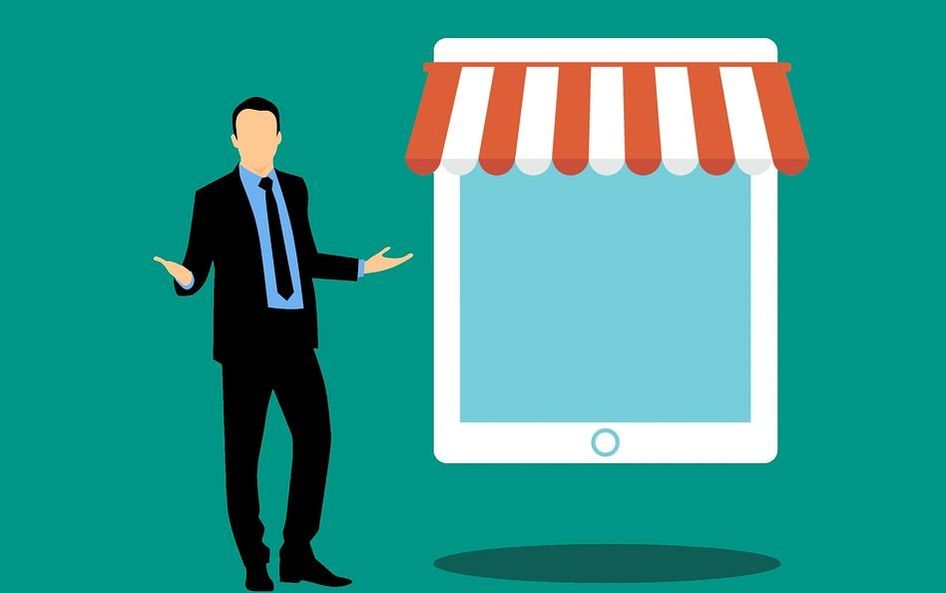I had hoped for a short answer comparing gas-guzzling trucks making many stops with my driving to a couple of local stores. But many factors come into play. Enroute I have discovered several surprising things.
UPS and FedEx and USPS, motivated by profit of course, use algorithms to help their trucks navigate the streets at optimal times and hit green lights to reduce idling at stoplights. They deploy fleets of trucks to reduce drag instead of fewer, larger, heavily-loaded vehicles and thereby save gas.
Shipping via Amazon Prime or a “next day delivery” service leaves a heavy footprint because it means the consumer is most likely buying airplane fuel, which is worse for the environment than gasoline. Slow, ground shipping has a smaller carbon footprint. Bundling your purchases at check-out online also reduces the carbon footprint by delivering one parcel with three items rather than three separate parcels.
The worst offenders are shoppers who drive to local stores to look at and feel products they might want to buy then order them online. Returning the item doubles the carbon footprint.
So when is it best to shop locally at bricks-and-mortar stores? One source says if you live more than eight miles from stores. Stores use energy for lighting and air conditioning and marketing. But they also carry something less measurable. It is social interaction, running into people you know, placemaking in a downtown setting. Shopping locally boosts local economy with local taxes, and supports local business owners. It builds community.
Walking or riding a bike to a store has of course the smallest footprint. When buying in bulk it is better to drive. This all assumes that your car is gas fueled. If it is electric, and your car is charged from your own solar panels, then the carbon footprint is only a bit more than a bicycle.
One study looked at what people were doing with the time they saved by shopping online. A transportation study found that online shoppers were not driving less. The free time that they gained from shopping online was now devoted to going more frequently to restaurants, movies, and visiting friends.
One of my heroes, Reverend Billy of the Church of Stop Shopping, promotes not shopping to save our planet. Comparing the impact of buying a computer online versus in a store is barely helpful because the product itself has such a large carbon footprint. Not buying it helps most of all. Vandana Shiva, wisely maintains “The end of consumerism and accumulation is the beginning of the joy of living.” More joy? Yes please. Add to cart.
—Therese Brummel




